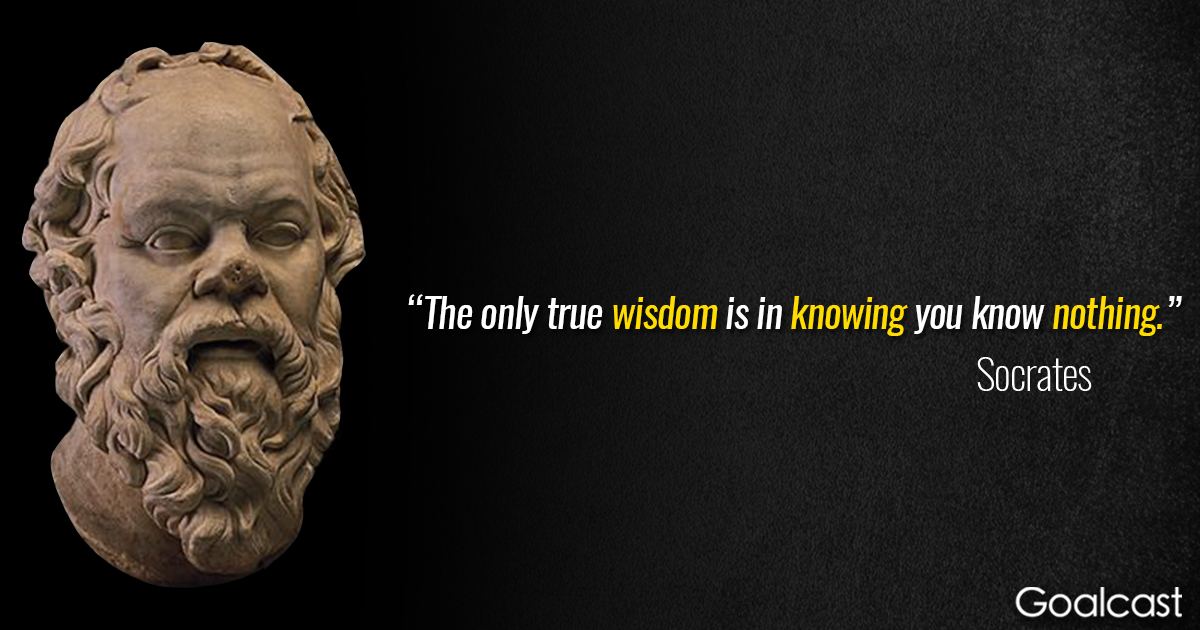Dad, dad... how do I find answers deep in my heart?
A rocking chair. Street. Clouds. Porch.
Ksenia comes out from around the corner.
A sad pace. Eyes looking down.
- Ksusha, what happened?
- I accidentally hit Luba with a jump rope. She came under it herself... Come here, my dear. Sit on my lap. Don’t be sad; things happen. Ksenia lies in my arms.
- - -
It seems to me that I slightly understand her. Those thoughts circling her mind, emerging here and there. "How bad I am, why am I so bad, but Luba is good, and I am wicked..." How heavy these thoughts weigh on her, how they engulf her. There are actions after which this burden rolls over her like an avalanche. She rightly feels like a victim (not a victim of our judgment), but a victim of her own thoughts. She feels terrible, sad, and self-destructive. It escalates so quickly, and from my side, I might inadvertently add fuel to her fire.
In a nutshell, the situation looks like this: Luba came under it, Ksusha couldn't control herself and hit Luba. Luba cries, she's in pain and needs consolation. But Ksusha shifts her focus to her own tragedy and forgets about Luba. Or she becomes even more angry at Luba because through her, she faced her unbearable self again. And I say/yell: Look what you've done! Go and apologize to Luba!
- - -
And there she lies in my arms, and I comfort her. "You are a good daughter. Don't be sad. All of us sometimes do bad things. It happens. You are good. You are not the same as your actions. You don't need to meet all our expectations. You can be yourself, and we will love you regardless of whether you do as we want or not. Listen to your heart, Ksusha, there you will hear the answers."
These words, about the answers that can be heard in the heart, resonated with her. Throughout the day, she approached me three times, whispering: "How can I hear answers in my heart? Dad, teach me."
I postponed this conversation as long as I could. On her third request, I set a time. "Today, after our evening reading, we will talk about it before bedtime."
Of course, all day I pondered what to discuss with Ksusha before sleep. I don't have any method that even I could use to hear answers in my heart.
The time for our conversation arrived.
"You know, Ksusha, it's best to first ask questions in the heart. Questions that you really want answers to. Questions that move you. For example: Who are you? How are you? What matters to you? Why do you want this or that? Why sometimes don't you want something? ..."
"Dad, can I ask why I sometimes have thoughts that you don't love me?" "That's because your dad once thought he was very smart. All foolish people think so. And so your dad (me) thought, if Ksusha does something wrong, she should be put in the corner. So she would understand right from wrong. That's how I kept sending you to those corners. Instead of accepting you, hugging you when you made mistakes. I pushed you away. And you went to the corner. I thought I did it out of love. For you. But please forgive me, dear Ksusha, I was very foolish. I love you, Ksusha." "Dad, I don't remember any of that, what you're talking about." "Yes, Ksusha, you don't remember it, but you have thoughts. That I don't love you when you do something wrong because there were such events before. Forgive me, Ksusha, I didn't want to hurt you. But I was very foolish. I didn't want to love, I wanted to discipline. I love you." "Okay, dad." "Ksusha, do you feel better after our talk?" "Yes, dad, thank you. I love you. I know you love me. But why were you so foolish?" "I didn't listen to my heart, Ksusha. I didn't understand anything." "Well, okay, dad." "Ksusha, can I write about our conversation? And tomorrow, I'll read to you what I've written." "Yes, I agree." "Good night, beloved Ksusha." "Good night, dad."
